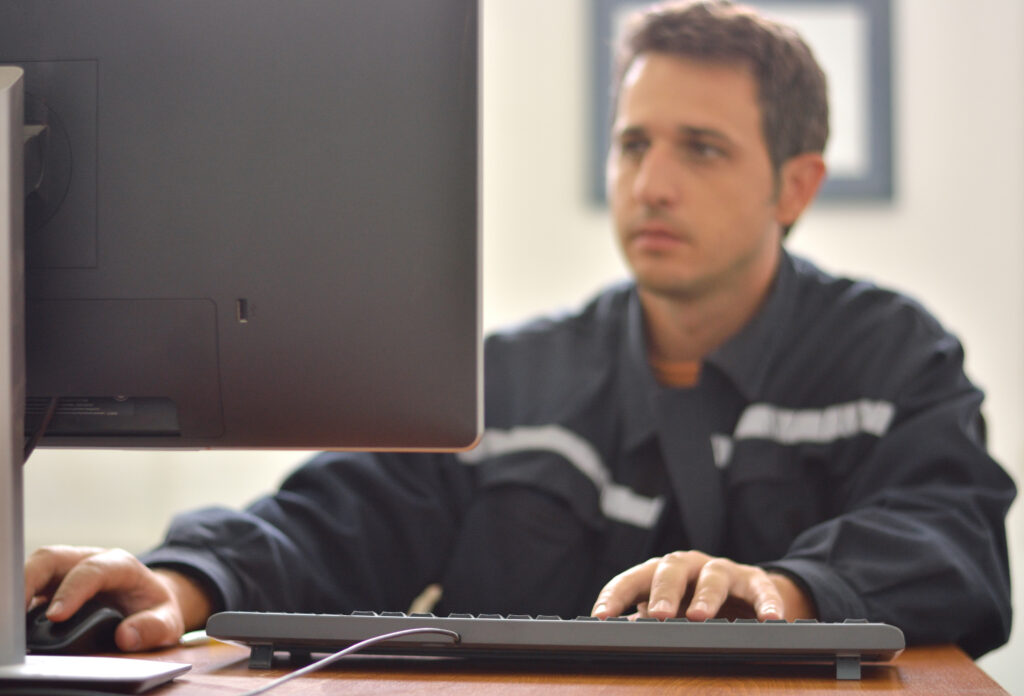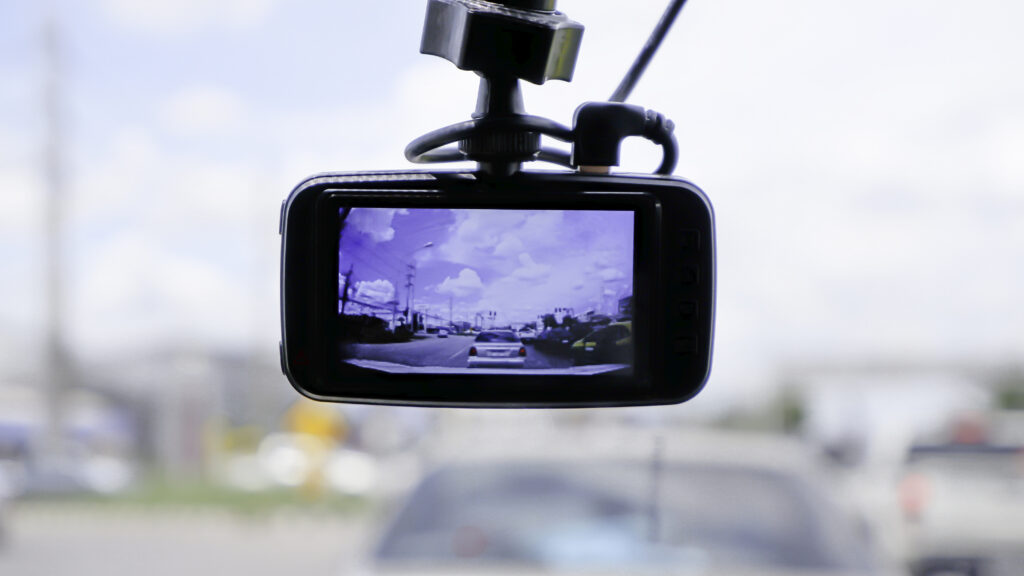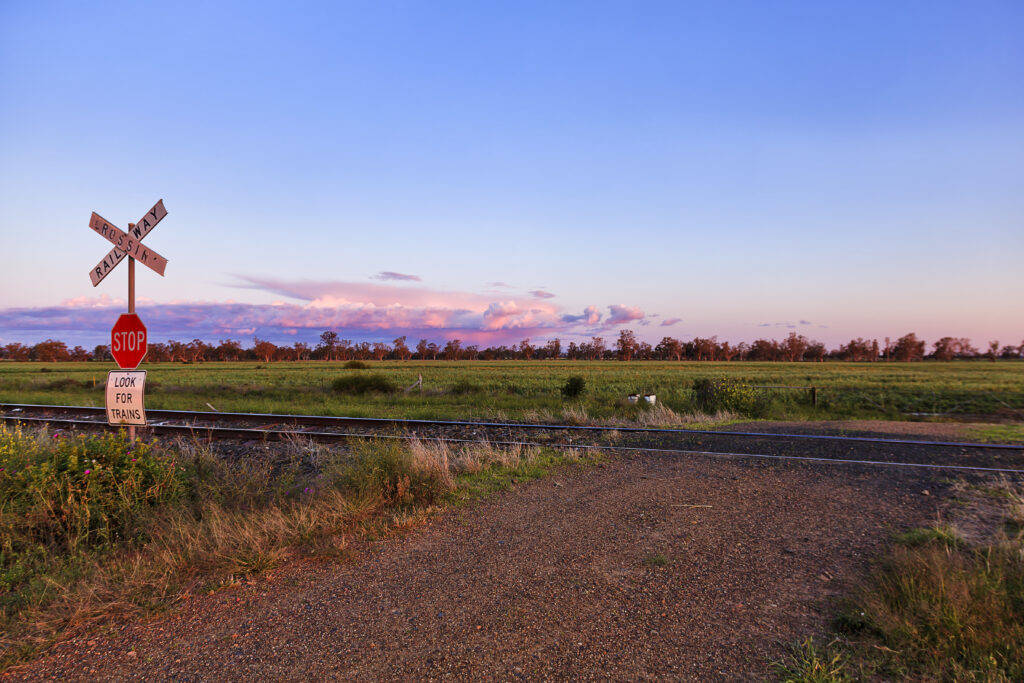For those in the resources sector, travel is an essential function of work and that has been impacted by the rising threat of Coronavirus (COVID-19).
COVID-19 is a new virus that triggers respiratory illnesses that can range from a mild cough through to pneumonia and impacts people aged 50 and over as well as those with existing respiratory conditions and reduced immune systems the hardest.
Those with pre-existing conditions like high blood pressure, cardiovascular disease, diabetes and cancer are also vulnerable.
As the world attempts to prevent the spread of COVID-19 – which can be spread through droplets in the air and from animals – several travel restrictions have been put in place.
This has an impact on those in the resources sector in terms of their job function and also their general safety and wellbeing.
Here is what you need to know about your travel arrangements, international and domestic.
Domestic flight information in Australia
While international flights have been severely impacted, with China, Hong Kong and Singapore flights scaled back or suspended entirely, domestic flights have also been affected.
Flight schedules domestically have been scaled back due to weakening demand for travel across all airlines, which means there are possibilities of flights being moved to “the next available service”.
Tiger Airlines alone has cut flights on the Adelaide-Sydney, Hobart-Gold Coast and Sydney-Cairns routes.
Other countries are experiencing similar slashes to domestic travel so be sure to contact your airline before travelling for any updates, changes and advice.
Information on flights into Australia
The Department of Foreign Affairs and Trade (DFAT) has raised the level of travel advisory on March 1, 2020, which is now advising not to travel to Iran.
Foreign nationals coming from Iran will not be allowed to enter Australia for 14 days while citizens and permanent residents will be advised to self-isolate for 14 days.
Travel restrictions from mainland China have been extended with all non-residents denied entry if they have been in China in the last 14 days. Australian citizens and permanent residents are exempt.
Border control measures have been increased to help identify and mitigate the risk.
New Zealand flight restrictions
The same rules apply in New Zealand, with non-residents denied entry if they have been in mainland China in the last 14 days.
The exemptions extend to Australian citizens and permanent residents if New Zealand is their primary residence.
Travel to China
Because of the restrictions being experienced globally, many airlines are cancelling flights to mainland China.
This does not include Hong Kong, Macau and Taipei. Flights continue at present to Hong Kong which does not have travel restrictions as of yet.
USA travel restrictions
The United States is also restricting entry to non-residents that have been in mainland China over the previous 14 days.
Citizens and permanent residents who have been in China may enter, but only at specific airports where screening processes have been upgraded.
General Coronavirus advice
Public health authorities have outlined a series of tips for workers across all industries to help prevent the further spread of Coronavirus.
They include:
- Stay home if you feel sick: While this applies in general, it is highly important in the current climate. Even mild symptoms or fevers should prevent you from attending work, especially if you are travelling long distances by car or plane as part of your job function.
- Wash your hands frequently: To help negate the spread of COVID-19, other illnesses and germs in general, you should increase your handwashing frequency. Hand sanitiser is advised but is in short supply at present in most countries. Use warm water and liquid soap and wash your hands for at least 20 seconds at regular intervals.
- Cover your coughs and sneezes: As Coronavirus is spread through particles in the air, this is essential to limit the spread of the virus. Tissues should be immediately disposed of and you should wash your hands immediately afterwards. If a tissue or substitute is not available, cough or sneeze into the crook of your elbow.
- Break out the Glen 20 (or other disinfectant sprays): This will help eliminate 99.9% of germs and viruses.
If you are ill, be sure to contact your GP for further advice and contact the governing healthy body of your country for more information as it comes to hand.





